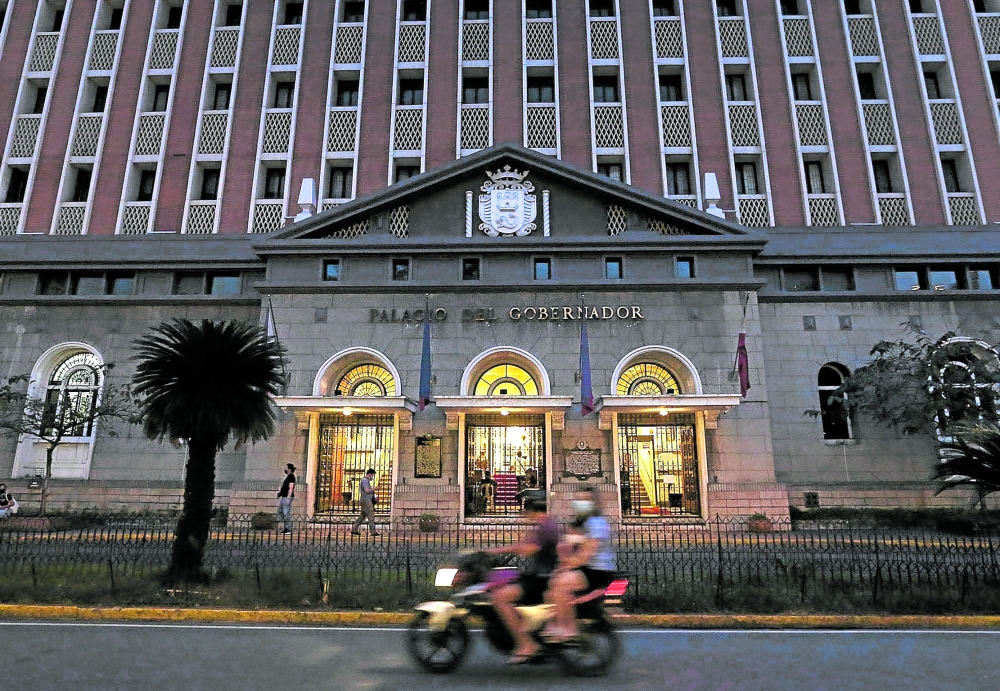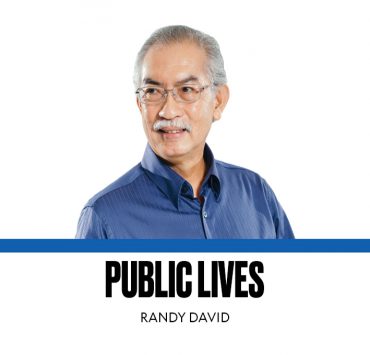Comelec lauded for stressing laws vs ‘labeling, discrimination’

The Center for Trade Union and Human Rights (CTUHR) welcomed the guidelines issued by the Commission on Elections (Comelec) that seek to keep the campaign season free of discriminatory language, verbal harassment or “labeling” that target vulnerable sectors or persons expressing legitimate dissent.
The guidelines are “a step in the right direction” and the Comelec must ensure that they are properly implemented, the Quezon City-based CTUHR said in a statement on Saturday.
They are consistent with human rights and democracy, it said, and “remind us that the country has signed many international agreements and has passed many laws against discrimination.’’
IPs, PWDs, etc.
These laws, however, have been poorly implemented against “the toxic and discriminatory behaviors of the country’s politicians especially during elections,” it noted.
The Comelec issued Resolution No. 11116 on Feb. 19 protecting vulnerable sectors, such as indigenous peoples (IPs), persons with disabilities (PWDs), women, people afflicted with the HIV (PLHIV) and members of the LGBTQ+ community who are participating in election-related activities whether as voters, candidates or supporters.
The resolution also warns against “vilification, labeling, or (ascribing) guilt by association” as part of campaign rhetoric or strategy.
The resolution defined “labeling” as “the act of categorizing, classifying, branding, associating, naming, and accusing individuals, groups, and/or organizations as ‘vocal dissenters’ and activists or subversive group sympathizers or terrorists, or belonging to a criminal group/syndicate without evidence.”
Aside from citing antidiscrimination laws and international human rights agreements as basis, the poll body also referenced a 2023 case, Deduro vs Vinoya, where the Supreme Court ruled that “Red-tagging” violates the rights of persons or groups being linked to the communist insurgency with little or no proof.
Election offenses
The poll body declared labeling and discrimination as election offenses punishable by up to six years in prison without probation, denial of the right to vote and perpetual disqualification from public office.
Also liable are persons who violate antidiscrimination laws related to religious and cultural sites or ceremonies.
The act of labeling—in relation to a campaign or other election-related activities—can be committed in person, online or via the print or broadcast media, the Comelec added.
The poll body said it would entertain complaints about such acts from candidates, voters or political pewq arty supporters, with the Department of Justice conducting the investigation.

















